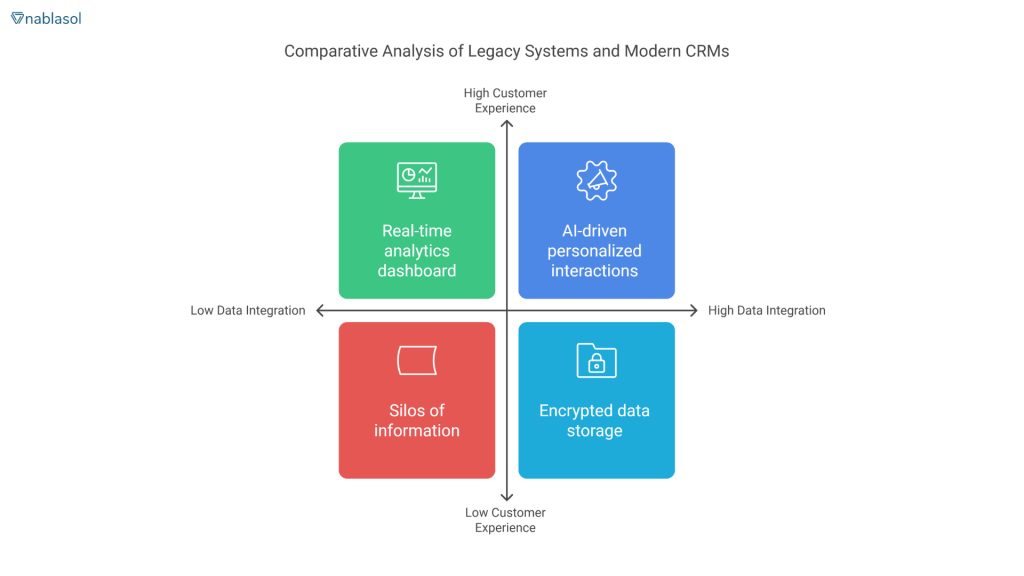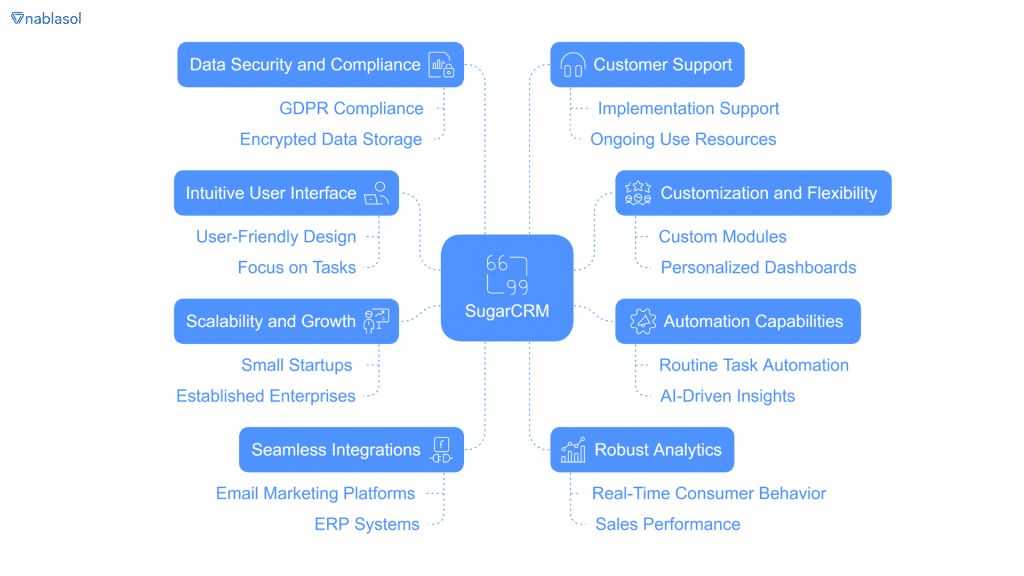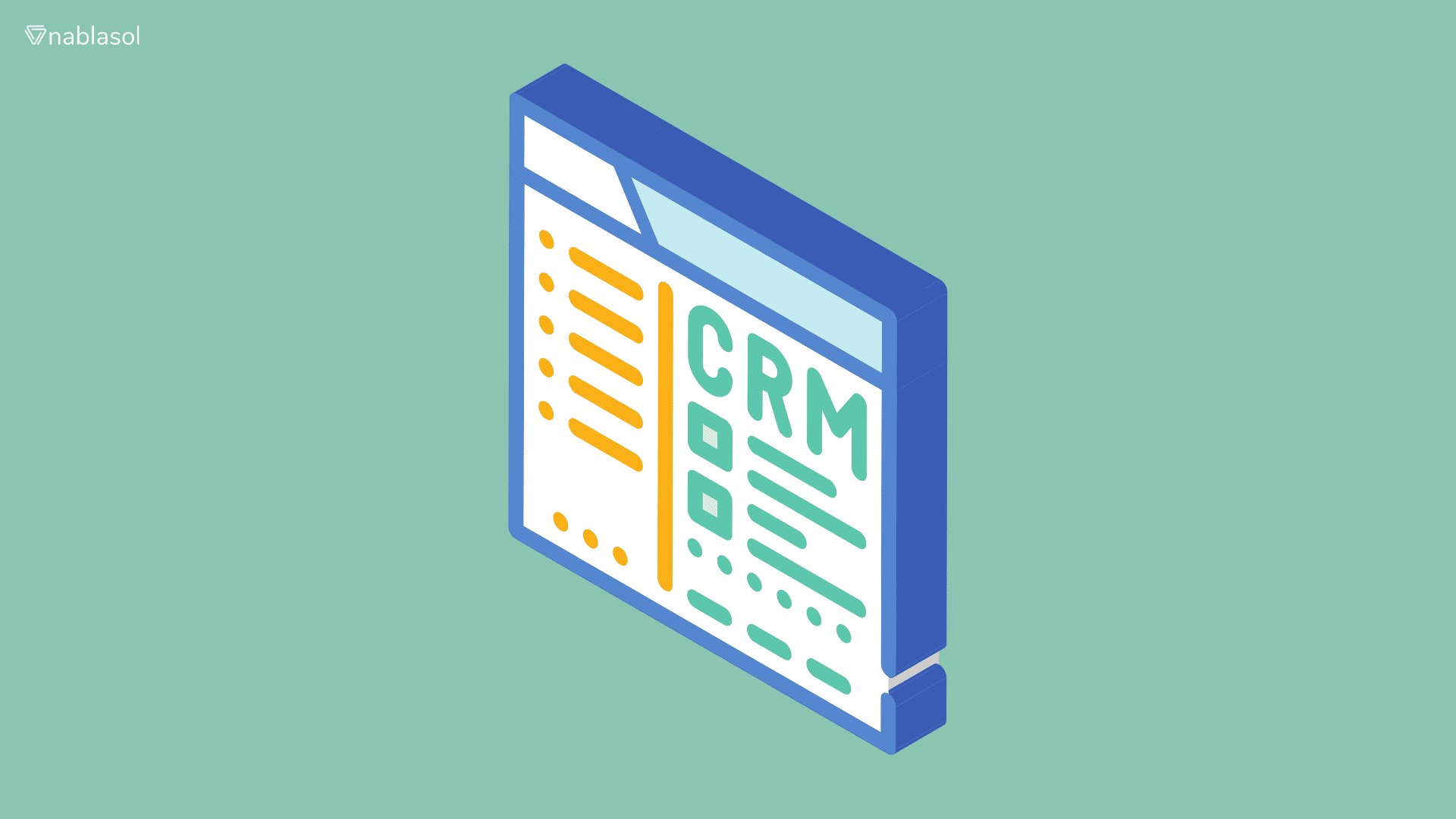Customer relationship management (CRM) systems have become essential for companies improving customer involvement and simplifying processes. Still, choosing to keep with a legacy system or switch to a new CRM usually leaves companies at a crossroads. This paper investigates the cost-benefit dynamics of both choices, arming decision-makers with helpful knowledge to negotiate this critical issue. For clarification, “modern CRM” is the term we use for the entire conversation.
Understanding Legacy Systems
Legacy systems are often defined as outdated software solutions that businesses continue to use due to their functionality and historical significance. While these systems were groundbreaking at their inception, they usually struggle to keep pace with contemporary demands. Typically, a legacy system lacks scalability, modern integrations, and cloud capabilities, which are hallmarks of newer solutions.
One primary advantage of legacy systems is their familiarity within organizations. Employees accustomed to these systems often find them easy to navigate, reducing training needs. Moreover, the sunk cost of implementation—already covered years ago—may make decision-makers hesitant to invest in alternatives.
However, legacy systems come with significant drawbacks. Maintenance costs can spiral due to outdated hardware and software dependencies. Furthermore, these systems are frequently incompatible with modern technologies, leading to inefficiencies and missed opportunities.
What is a Modern CRM?
Modern CRMs are defined by advanced, usually cloud-based systems geared to meet the evolving needs of businesses in the digital age. Along with other features, they offer real-time analytics, automation, seamless interfaces with different tools—like email marketing systems and social media channels—and different capabilities.
One of the main advantages of a modern CRM is its scalability. These solutions can fit your requirements whether your company is small or worldwide. Improved data security and compliance tools also guarantee companies can run boldly in a world of ever-more rules.
Mobile-friendly modern CRM systems let sales teams and other staff members access essential data anywhere. This mobility guarantees that teams stay linked even on the road and dramatically increases production.
Cost Analysis: Legacy Systems vs Modern CRM
Initial Investment
The initial cost is one of the key factors businesses hesitate to apply modern CRM systems. An expensive financial outlay is customizing, subscription fees, and staff training. Conversely, legacy systems typically have no new implementation costs since they are already incorporated into the business.
Modern CRMs, however, sometimes provide tiered pricing, which lets companies select a strategy that fits their situation. Over time, these technologies’ scalability and efficiency will help cover the initial expenditure and generate considerable long-term savings.
Maintenance Costs
Legacy systems often incur higher maintenance costs due to outdated technology and diminishing vendor support. IT teams frequently spend excessive time troubleshooting issues, diverting resources from strategic initiatives. In contrast, modern CRM systems—particularly those hosted in the cloud—require minimal maintenance, as the vendor typically handles updates and patches.
Operational Efficiency
While legacy systems may suffice for basic tasks, they often lack modern CRM solutions’ automation and advanced features. For example, a modern CRM can automate lead scoring, email campaigns, and follow-up reminders, saving significant time. The enhanced efficiency translates into cost savings and higher employee productivity.
Hidden Costs of Legacy Systems
The hidden costs of legacy systems can be substantial. These include the risk of data loss, inefficiencies in handling customer queries, and missed opportunities due to a lack of real-time insights. Modern CRMs address these pain points with robust data management and analytics tools, providing actionable insights that drive better decision-making.
Benefits Analysis: Legacy Systems vs Modern CRM

Data Accessibility and Insights
Modern CRMs offer unparalleled data accessibility. Unlike legacy systems that often store information in silos, modern CRMs integrate data across departments, ensuring a 360-degree view of the customer. Real-time analytics and reporting enable businesses to make informed decisions quickly, a feature notably absent in older systems.
Customer Experience
Enhancing customer experience is a top priority for most organizations. Modern CRMs excel in this area by offering personalized interactions through AI-driven insights and automated workflows. Legacy systems, on the other hand, often lack the flexibility to tailor experiences to individual customer needs.
Scalability
Businesses trying to expand depend on scalability. Whether adding more users, integrating new technologies, or handling more data, modern CRMs are made to change with growing needs. Limited by antiquated infrastructure, older systems find it challenging to expand successfully.
Compliance and Security
Modern CRMs prioritize data security and compliance with regulations like GDPR and CCPA. They offer features such as encrypted data storage and user access controls. Legacy systems, built in an era with less stringent regulations, often lack these critical features, putting businesses at risk.
Transition Challenges
Switching from a legacy system to a modern CRM is not without challenges. Common obstacles include:
- Employee Resistance: Teams used to legacy systems could object to change out of uncertainty.
- Data Migration: Transferring data from a legacy system to a modern CRM can be complex and time-consuming.
- Customization Needs: Modern CRMs may require extensive customization to align with existing workflows, which can add to the transition timeline.
- Cost Concerns: The upfront investment may deter small and medium-sized businesses.
However, a well-thought-out transition strategy can mitigate these challenges. Engaging employees early, opting for phased rollouts, and leveraging vendor support can significantly ease the process.
The ROI of a Modern CRM
Despite the challenges, the return on investment (ROI) for modern CRM systems is often substantial. Businesses report improved sales performance, higher customer retention rates, and reduced operational costs after transitioning to these systems. Enhanced analytics, automation, and user-friendly interfaces contribute to these gains, ensuring the investment pays off over time.
SugarCRM: A Leader Among Modern CRMs

SugarCRM presents a convincing choice When considering switching to a contemporary CRM. SugarCRM is well-known for its adaptability and strong features; it is meant to satisfy companies of all kinds. SugarCRM merits consideration for the following reasons:
Intuitive User Interface
Teams will find adapting and negotiating SugarCRM’s straightforward and user-friendly interface simple. The platform stresses simplicity without losing functionality, guaranteeing customers can concentrate on activities instead of battling complicated procedures.
Customization and Flexibility
One of SugarCRM’s standout features is its high level of customization. Businesses can tailor the platform to suit their unique workflows and requirements. Whether it’s custom modules, dashboards, or integrations, SugarCRM provides the tools to create a personalized experience.
Automation Capabilities
Automation is a cornerstone of SugarCRM’s offering. The platform helps businesses save time and reduce manual errors by automating routine tasks and setting up advanced workflows. It also includes AI-driven tools like SugarPredict, which provides predictive insights to improve decision-making.
Scalability and Growth
As businesses grow, their CRM needs evolve. SugarCRM’s scalable architecture ensures that the platform can grow alongside the organization. SugarCRM adapts to your changing requirements, whether you’re a small startup or an established enterprise.
Seamless Integrations
SugarCRM integrates seamlessly with various third-party tools, including email marketing platforms, ERP systems, and social media channels. This connectivity ensures businesses create a unified ecosystem, enhancing efficiency and collaboration.
Robust Analytics
SugarCRM gives companies access to powerful reporting and analytics solutions. These tools analyze real-time consumer behavior, sales performance, and marketing potency. This information helps companies maximize their plans and make wise judgments.
Data Security and Compliance
Data security is a priority in today’s regulatory scene. Designed with security in mind, SugarCRM provides GDPR compliance, encrypted data storage, and role-based access, among other things. Knowing their data is encrypted, businesses may run boldly.
Customer Support
SugarCRM offers comprehensive customer support to ensure a smooth user experience. Businesses can access resources and expertise from implementation to ongoing use to maximize the platform’s value.
Why Choose SugarCRM Over Legacy Systems?
The advantages of switching to a platform like SugarCRM are clear for businesses still relying on legacy systems. While legacy systems may offer familiarity, they often lack the features and flexibility needed to thrive in today’s competitive landscape. SugarCRM addresses these gaps, providing a modern solution that enhances efficiency, scalability, and customer satisfaction.
Furthermore, SugarCRM’s economy of cost appeals. The platform’s modular pricing lets companies select programs according to their budgets and requirements. Over time, the ROI from increased production, better customer involvement, and lower maintenance expenses far exceeds the original outlay.
Conclusion
Choosing between a legacy system and a modern CRM depends on long-term goals and organizational needs. Although legacy systems initially seem affordable, their restrictions usually exceed their advantages. Modern CRM systems, with their improved capabilities and scalability, help companies grow successfully and sustainably.
Though the cost-benefit study emphasizes its worth, investing in a modern CRM may appear intimidating. Companies ready to welcome change and implement new CRM systems will probably surpass rivals and promptly satisfy changing consumer expectations.



